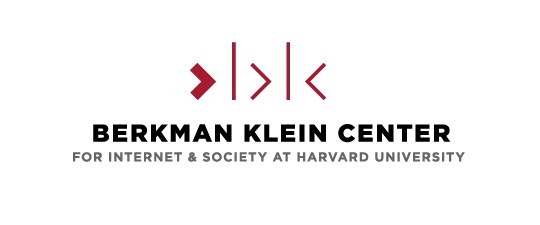


What could possibly go wrong, in the age of “ bbq beckies” calling the police on black people minding their own business? The app “Citizen” was rebranded from its original name “Vigilante.” In its original iteration, the app had a “report incident” feature and was about users policing crime-now it’s about avoiding it. Benjamin examines Citizen, an app that tracks crime on a map and provides real-time 911 alerting. We must wrestle with widely held deep investment in, and desire for, social domination.įor example, Prof. For those who want to imagine another world, we can’t just critique the underside. These imaginations are the underside of elite fantasies about efficiency, profit, and control. Most people are forced to live inside someone else’s imagination. It is a battleground, an input and output of tech and social order. Imagination is a site of contestation.As a consequence, some inventions seem inevitable when they are not. But social norms exist prior to tech development. People are often conditioned to think about the social impacts of technology. Race is often acknowledged to be socially constructed-it also constructs. People are often conditioned to think of racism as backward, individual bad apples, the back woods, etc-instead of innovative, the whole orchard, the ivory tower. It produces and constructs, creating value for some as it wreaks havoc on others. Harvard University, located on Massachusett land, is founded upon and continues to enact the erasure of indigenous peoples.

Benjamin starts her talk with a land acknowledgement. I was in the audience and took notes, which I’m sharing here with the hope that they might be useful to others as an alternative to attending in person or watching the video recording. How does technology continue to produce racism, bias, and discrimination, while obscuring the racist conditions that precede it? Speaking today at the Berkman Klein Center is Ruha Benjamin, Associate Professor in the African American Studies department at Princeton.


 0 kommentar(er)
0 kommentar(er)
